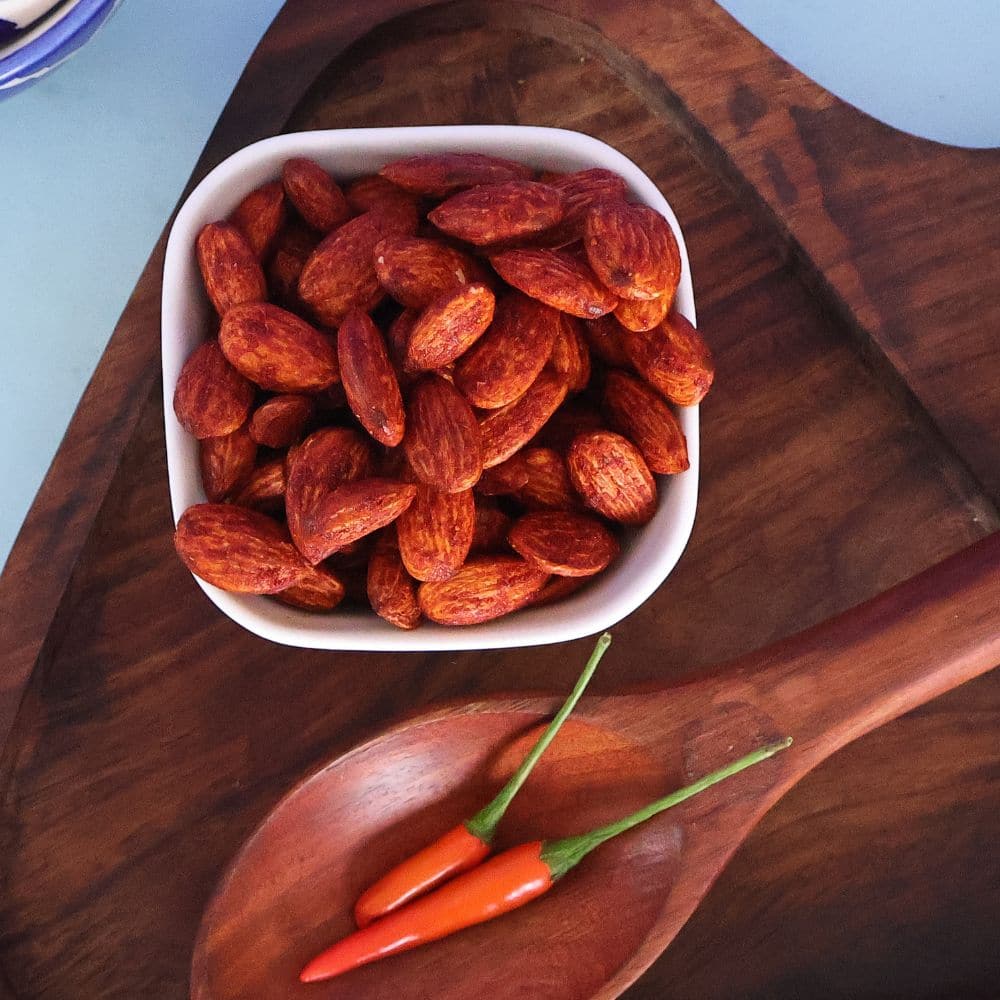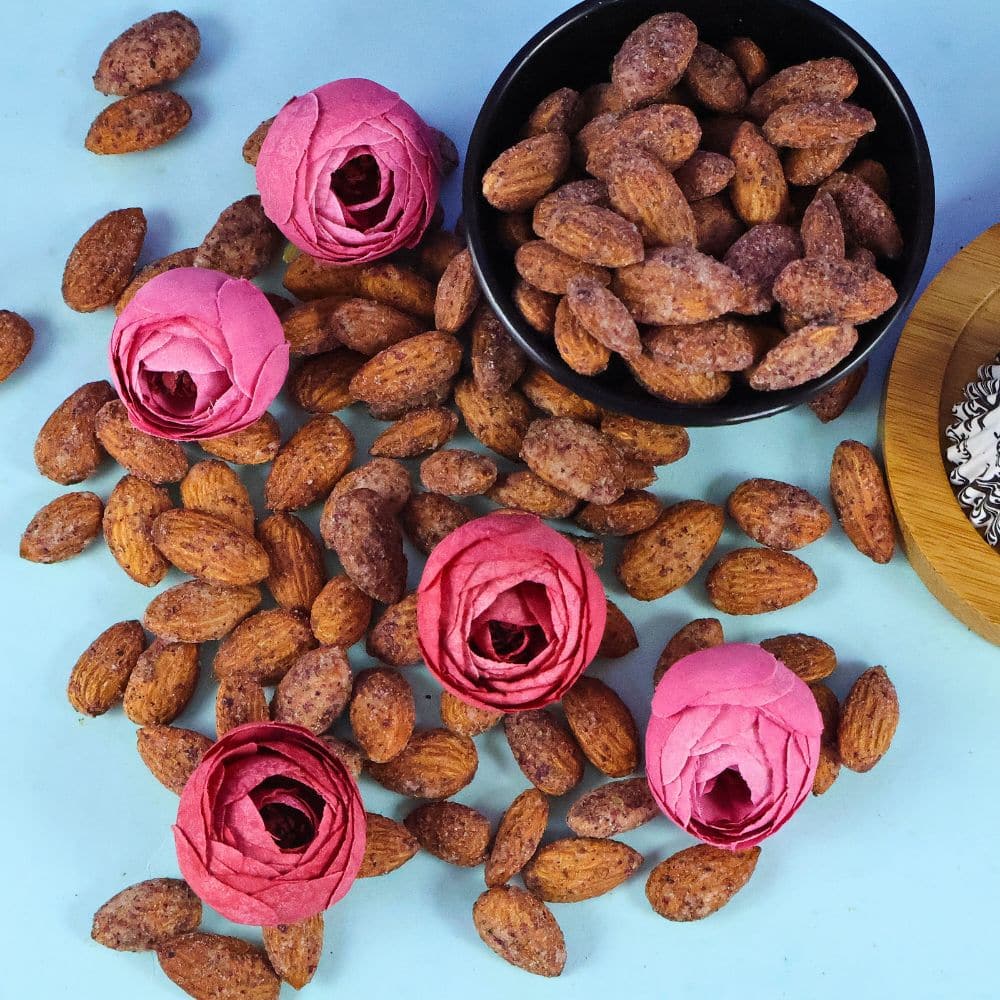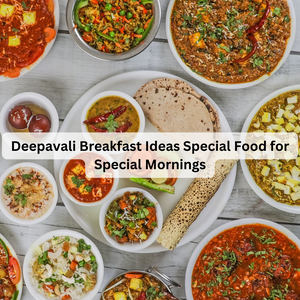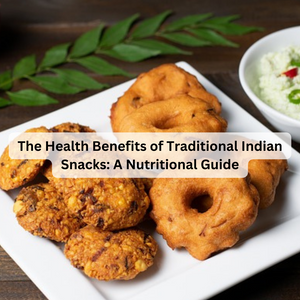Good Bacteria In Food. How To Include Probiotic-Rich Foods In Your Food?
It's likely that you've heard about probiotics and their importance for gut health as well as general well-being. Make sure you're getting enough of these live microorganisms because they can aid in the development of beneficial bacteria in your digestive system.
Probiotics have been linked to improved skin, strengthened immunity, decreased rates of depression, and heart health. Probiotic-rich foods are thought to benefit our overall health because they support a healthy metabolism, which can fend against a host of diseases like diabetes and obesity.
Benefits Of Probiotic-Rich Foods

Probiotics can help you in many ways, including maintaining the flora in your stomach and increasing immunity. Here are some health-maintaining advantages of probiotics.
Better Digestion: By supporting a healthy balance of gut bacteria, probiotics can help relieve digestive problems like bloating, constipation, and diarrhoea.
Enhanced Immune Function: The gut contains a significant amount of your immune system, and probiotics can assist the gut's healthy operation.
Mood and Mental Health: Recent studies point to a significant connection between gut health and mood. Healthy gut bacteria enhance mental health.
Improved Nutrient Absorption: Probiotics help your body absorb and process nutrients from the food you eat, making sure your diet has the most positive effects on your health.
How Do Probiotics Work?
Probiotics, or good bacteria, are primarily responsible for maintaining your body's balance. Consider it maintaining a neutral body posture. Bad bacteria enter your body and multiply while you are ill. Your body is thrown off balance by this. You feel better because good bacteria work to neutralise bad bacteria and bring your body's balance back.
By regulating inflammation and bolstering your immune system, beneficial bacteria keep you healthy. Some beneficial microorganisms can also:
- Aid in the body's food digestion.
- Prevent harmful bacteria from multiplying and infecting you.
- Produce vitamin D.
- Assist in nourishing the intestinal lining cells to stop harmful germs from entering your bloodstream from food or beverages that you may have consumed.
- Disintegrate and absorb pharmaceuticals.
Top 5 Probiotic-Rich Foods
1. Curd (Yogurt)

Yoghurt, also referred to as curd, is not only a delicious side dish to our meals but also a nutritional powerhouse. Probiotics abound in this creamy dairy product, including strains of the beneficial gut bacteria Lactobacillus and Bifidobacterium.
These probiotics support digestive health and facilitate nutrient absorption by supporting a balanced gut bacteria.
Eating curd regularly can strengthen your defences against infections, improve your immune system, and even help with ailments like irritable bowel syndrome. Additionally, it's a great source of calcium, which maintains healthy teeth and bones.
In addition, curd is a high-protein food that promotes feeling full and helps with weight management.
Curd is included in many Indian cuisines to improve flavour and nutritional value. It's a standard side dish that balances the heat when served with hot curries and biryanis.
2. Buttermilk

Buttermilk is a probiotic-rich elixir that has several health benefits in addition to being a delicious beverage. It is a digestive champion because it is full of live, helpful bacteria like Lactobacillus acidophilus. Buttermilk promotes healthy digestion, calms the stomach, and helps to maintain balanced gut bacteria.
It's easy to include buttermilk in your diet. Enjoy a glass of this probiotic-rich, hydrating beverage. Its cooling properties make it an excellent side dish for hot Indian cuisine. Turn it into a savoury or sweet lassi for a delightful treat, or use it to make chaas, and spicy buttermilk.
Buttermilk is a tasty and nourishing supplement to your regular meals because it not only relieves thirst but also supports digestive health.
3. Kanji

Kanji is a traditional fermented beverage from North India which gives off a delicious culinary experience while being rich in probiotics.
This zesty drink has a tangy and spicy flavour that emerges from fermented black carrots, mustard seeds, and water.
Because the fermentation process produces probiotics, these fermented foods are loaded with health advantages that are beneficial to your gut health.
Kanji especially compliments foods like aloo paratha, or chana masala. This drink is a delicious and healthy complement to your regular meals since it not only pleases your palate but also improves your general health.
4. Fermented Pickles

Fermented pickles, a tangy delight in Indian cuisine, offer a unique blend of flavour and health benefits. Through the fermentation process, they become a source of probiotics, promoting a healthy gut microbiome. Lactic acid bacteria, like Lactobacillus, are responsible for the fermentation, resulting in these beneficial microorganisms.
The probiotics in fermented pickles are excellent for digestion and gut health, helping maintain a balanced gut flora. They can enhance nutrient absorption, boost the immune system, and reduce the risk of certain infections.
It's easy to include these high-probiotic pickles in your diet. Savour them as an accompaniment to your meals, put them on sandwiches, or dress up salads with them as a tasty topping. Fermented pickles provide a zesty, probiotic punch that enhances your food experience and improves your health in general.
5. Fermented Foods

In the realm of nutrition, fermented foods are a nutritional gem. In addition to being delicious, they are loaded with probiotics, which are good bacteria for our digestive systems.
Through fermentation, food's sugars and starches are broken down by advantageous microorganisms, turning it into a probiotic powerhouse.
These probiotics work great when it comes to improving your mental and physical well-being, aiding in digestion, and boosting your immune system.
Panta Bhat: The traditional Bengali cuisine is prepared when leftover rice is soaked in water and left to ferment for the entire night. It becomes a probiotic powerhouse when helpful bacteria grow during fermentation.
Idli and Dosa: The traditional South Indian cuisine is prepared using rice, lentils, and fenugreek seeds, which are soaked, grounded, and then made to rest for up to 8 hours, during which create probiotic bacteria.
Visit Healthy Master to check out the various snacks offered.
 Deal of the week : Trial Snack Box - 18 Wholesome Delights Just at ₹ 899.00
Deal of the week : Trial Snack Box - 18 Wholesome Delights Just at ₹ 899.00

















